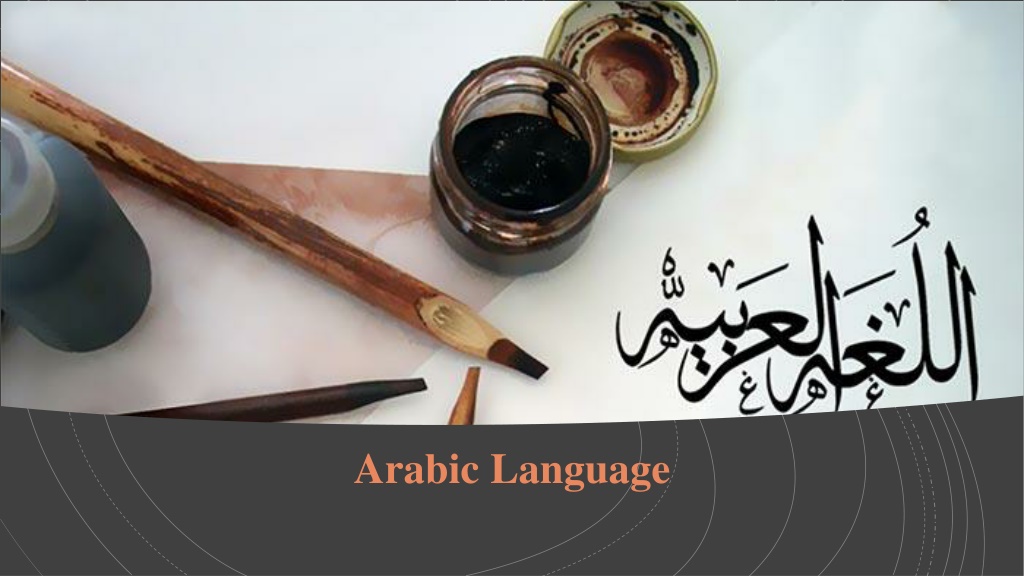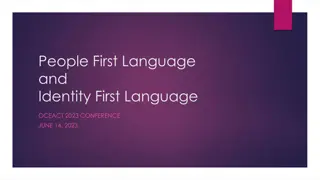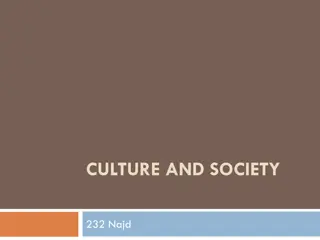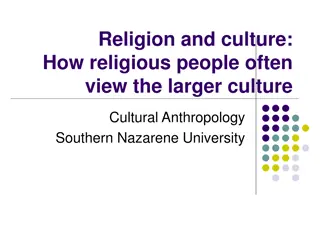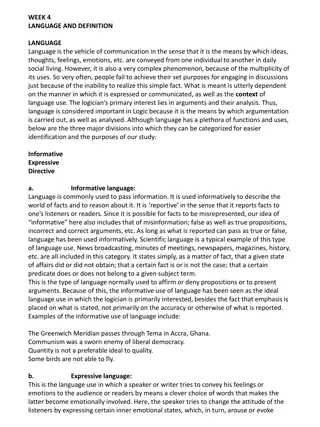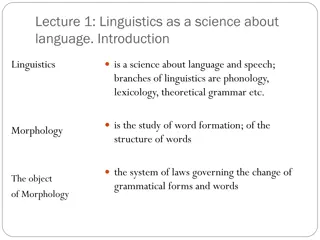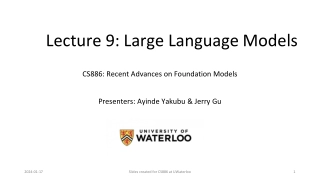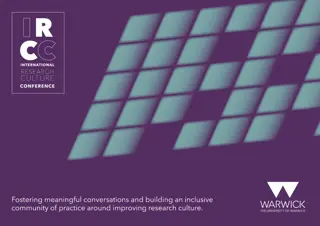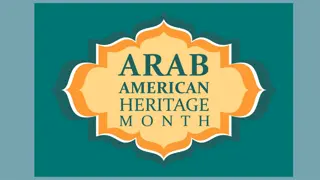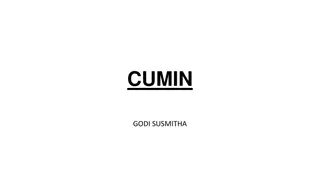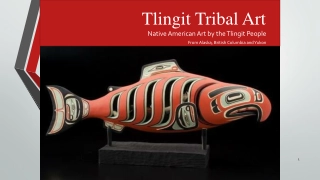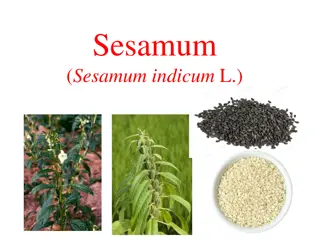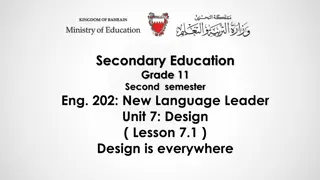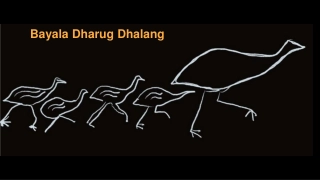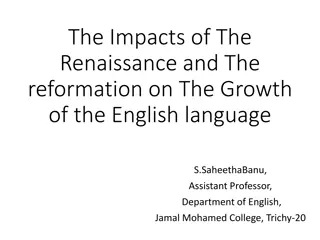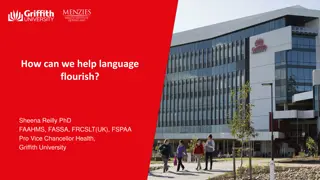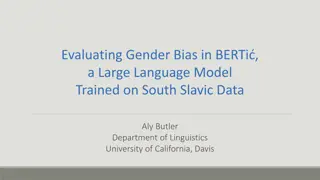Discovering the Rich History and Culture of the Arabic Language
Explore the roots and significance of the Arabic language, from its historical origins to its widespread use today among over 400 million native speakers. Dive into Arabic culture, known for its literature, art, music, and Islamic traditions. Learn about Arabic alphabets, key figures like Avicenna and Al-Khwarizmi, and the linguistic influence on words like algebra, apricot, alcohol, and coffee.
Download Presentation
Please find below an Image/Link to download the presentation.
The content on the website is provided AS IS for your information and personal use only. It may not be sold, licensed, or shared on other websites without obtaining consent from the author. Download presentation by click this link. If you encounter any issues during the download, it is possible that the publisher has removed the file from their server.
Presentation Transcript
History Algebra, aprikoosi, alkoholi, kahvi... Do you know the root of these words? The Arabic language has a rich and complex history, with its roots tracing back to the 4th century AD. It originated in the Arabian Peninsula and quickly spread throughout the Middle East and North Africa. Arabic is a Semitic language, which means it is related to other languages like Hebrew, Aramaic, and Akkadian. It is a language of great scientific, cultural and religious significance. Avicenna (980-1037) Al Khwarizmi (780-850) He invented the Algorithm (from the word Al-Khawarismi in Latin Algorithm) and the Arabic number system, decimal numbers..
More than 400 million people speak Arabic as their mother tongue today. In addition, Arabic is used by more than one and a half billion Muslims. It is the fourth most spoken language in the world. December 18this world Arabic language day. Arab world includes 22 countries as official members, and their official language is Arabic. Do you know any of these countries whose mother tongue is Arabic?
Culture Arabic culture is known for its rich history, literature, art, music, architecture, and cuisine. Islam is the dominant religion which represents the majority of Arabs. Eid Al-Adha, the feast of the sacrifice, and Eid Al-Fitr, the feast of the rupture. People tend to visit family and friends, wear the best clothes (new if possible), give alms, gifts, etc.
Arabic Alphabets Arabic consists of 28 alphabets.
